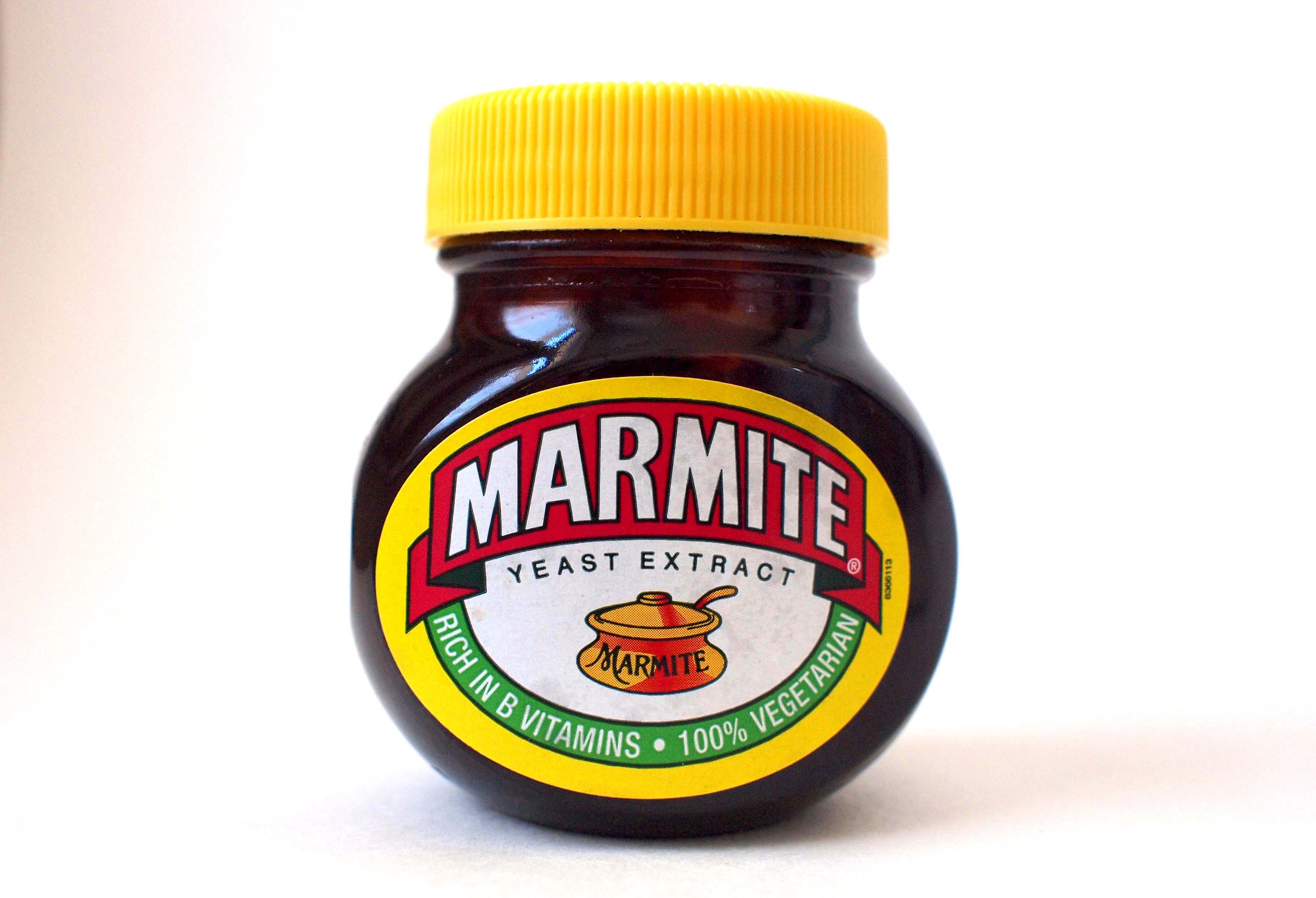
Small clarification: hetero-normative is when heterosexuality is considered “normal”, when it’s implied to be what is considered acceptable or normal or that people should be heterosexual. It is related to heterosexism (that heterosexuality is superior to other sexualities), and homophobia (the idea that same-sex relations are wrong).
Your wife is heterosexual, not hetero-normative. (I mean, she is probably also hetero-normative, but that’s just all of us, it’s a facet of the society we all inherited by being raised in a hetero-normative society).
EDIT: otherwise, I endorse what Ada had to say, she’s spot on (as usual, lol).
















death is a vibe, I can dig it